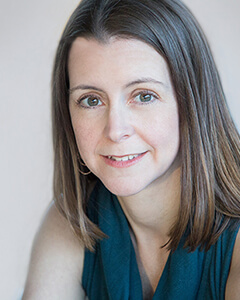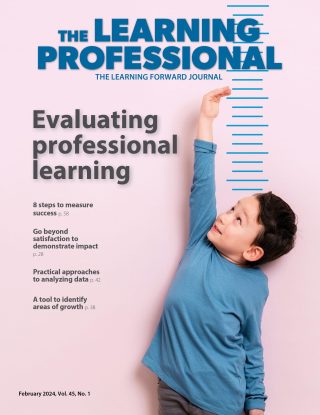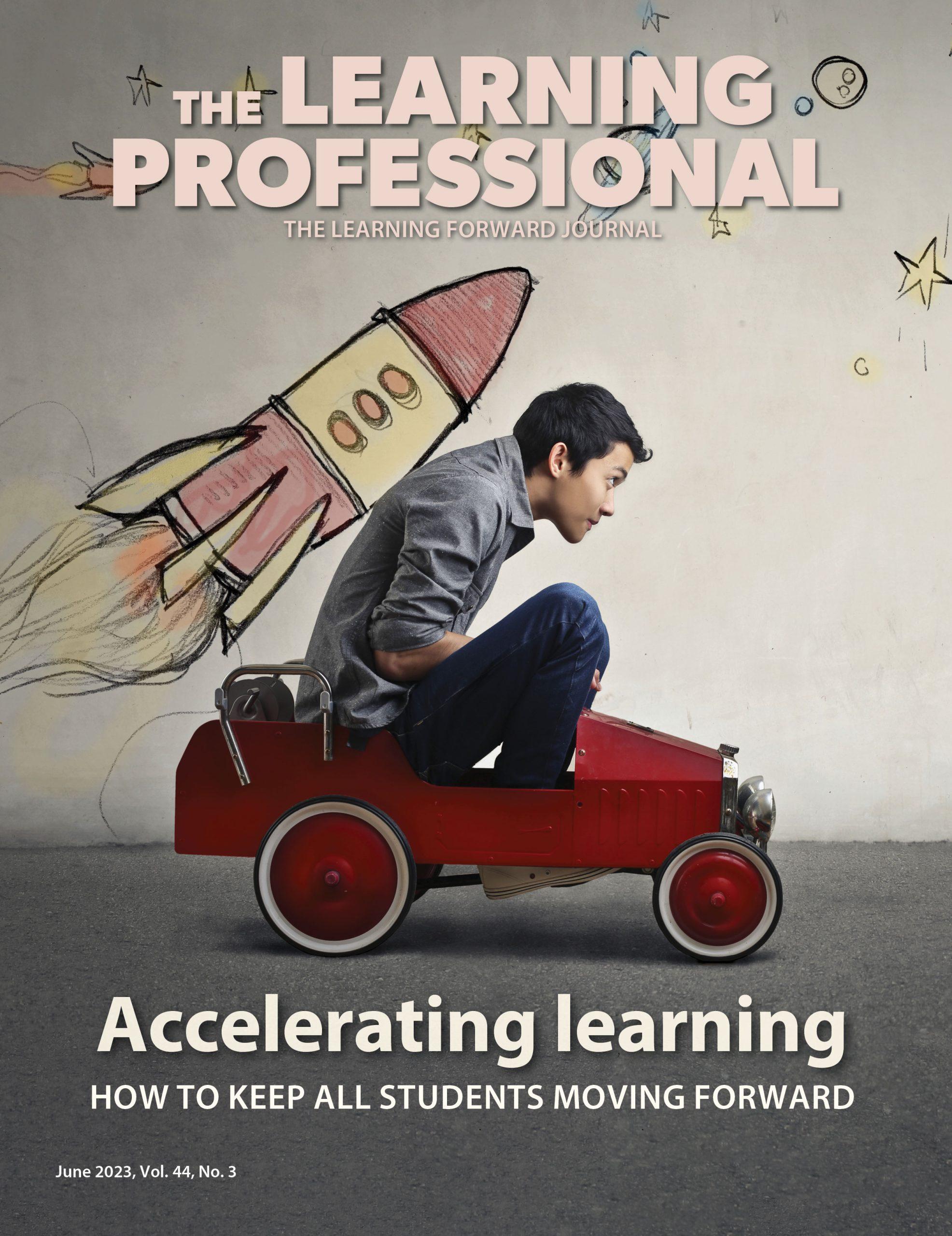FOCUS
Learning is a two-way street
By Suzanne Bouffard and Liz Murray
Categories: Continuous improvement, Implementation, Learning designsFebruary 2020
Vol 41, No. 1
Read the remaining content with membership access. Join or log in below to continue.
Sed ut perspiciatis unde omnis iste natus error sit voluptatem accusantium doloremque laudantium, totam rem aperiam, eaque ipsa quae ab illo inventore veritatis et quasi architecto beatae vitae dicta sunt explicabo. Nemo enim ipsam voluptatem quia voluptas sit aspernatur aut odit aut fugit, sed quia consequuntur magni dolores eos qui ratione voluptatem sequi nesciunt. Neque porro quisquam est, qui dolorem ipsum quia dolor sit amet, consectetur, adipisci velit, sed quia non numquam eius modi tempora incidunt ut labore et dolore magnam aliquam quaerat voluptatem.
What student voice means to me
Here’s what Putnam Avenue Upper School students say student voice means to them:
Nuraya Toledo, 8th grade: “[It means] that our opinions matter. Certain things we do, they ask our opinion on it. It’s more helpful for us than them just handing to us and we just sit there.”
Abby Duncan, 8th grade: “For me, it’s seeing teachers going out of their way to give us students what we need to better ourselves in that subject. … Seeing us doesn’t necessarily mean only hearing our voices, but observing us and seeing us through our actions as well.”
Sammy Nkemnik, 8th grade: “I think it’s the ability to … go up to a teacher and tell them what you don’t like about the class and then have them change it so it’s a better learning environment for you.”
Adam Ouassaidi, 7th grade: “It can help the teachers improve what they’re teaching, because if you tell them … what they need to work on or how it will help you with learning, then they can change it up and make it better for the students as well as the teachers, which is pretty much the goal.”
HOW WE ELICIT STUDENT VOICE
Putnam Avenue Upper School staff describe how they elicit student voice:
Chris Godfrey, 7th-grade math teacher and teacher leader: “We start the year with a lot of team building and just getting to know our students, and that sets the foundation for the work we’re trying to accomplish. There’s a quote that always stands out in my brain that goes something to the effect that, ‘You have to earn the right to redirect someone.’ There are a lot of individuals in education who are really well-meaning, but they miss that piece of building that relationship to be able to deliver the content.”
Kareem Cutler, 6th-grade math teacher and teacher leader: “We do verbal and written surveys to learn about students’ experiences. We do an activity called number talks [an instructional strategy aimed at engaging all voices in the math classroom and empowering all students to discuss and feel empowered by their mathematical thinking].”
Michelle Calioro, math coach and founding teacher leader: “We did math identity projects as a team over the summer, and then teachers did them with their students [to explore feelings about math and beliefs about self related to math]. A lot of my students don’t see themselves as mathematicians, but in this project … they start to open themselves up and see [being a mathematician] is a lot more than they would have normally seen.”
References
Cambridge Public Schools. (n.d.a). Student data report. Available at www.cpsd.us/UserFiles/Servers/Server_3042785/File/departments/administration/curriculum_instruction/sdr/Student_Data_Report_2018-2019.pdf.
Cambridge Public Schools. (n.d.b). Our vision and values. Available at putnamavenue.cpsd.us/about_our_school/our_vision_and_values.

Suzanne Bouffard is senior vice president of communications and publications at Learning Forward. She is the editor of The Learning Professional, Learning Forward’s flagship publication. She also contributes to the Learning Forward blog and webinars. With a background in child development, she has a passion for making research and best practices accessible to educators, policymakers, and families. She has written for many national publications including The New York Times and the Atlantic, and previously worked as a writer and researcher at the Harvard Graduate School of Education. She has a Ph.D. in developmental psychology from Duke University and a B.A. from Wesleyan University. She loves working with authors to help them develop their ideas and voices for publication.
Categories: Continuous improvement, Implementation, Learning designs
Recent Issues
TAKING THE NEXT STEP
December 2023
Professional learning can open up new roles and challenges and help...
REACHING ALL LEARNERS
October 2023
Both special education and general education teachers need support to help...
THE TIME DILEMMA
August 2023
Prioritizing professional learning time is an investment in educators and...
ACCELERATING LEARNING
June 2023
Acceleration aims to ensure all students overcome learning gaps to do...











